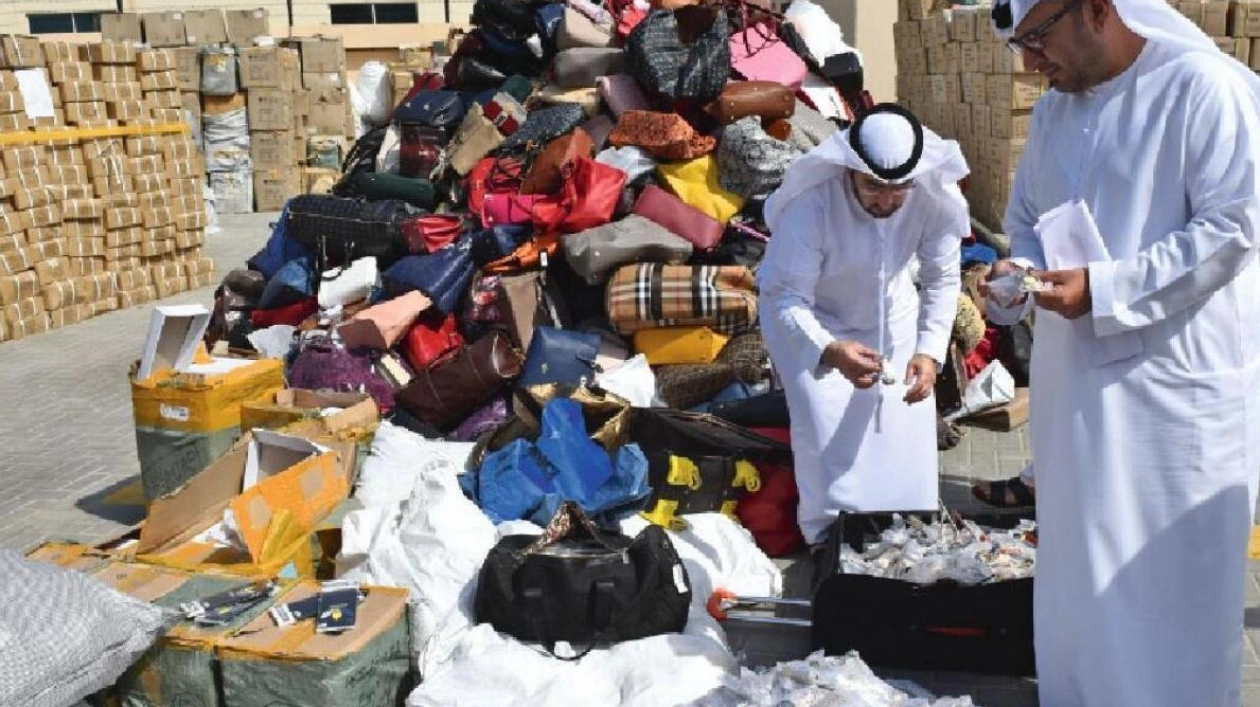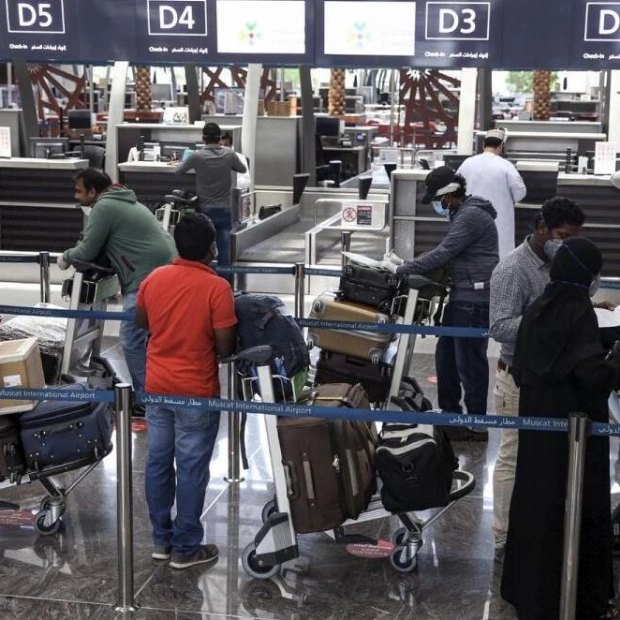The UAE's Ministry of Economy conducted 4,444 inspection tours in local markets from the start of 2023 through the first half of this year, focusing on controlling instances of commercial fraud, imitation, and trademark counterfeiting. These efforts led to 620 violations being recorded. In a recent statement, the Ministry highlighted its commitment to continually refining economic policies and legislation to bolster the consumer protection system in the country. The goal is to safeguard consumer rights and maintain a stable, dynamic market environment, adhering to international best practices.
This initiative aims to cultivate a competitive business climate, increase the adaptability of economic and commercial activities, and reinforce the UAE's status as a premier global hub for trade, business, and innovation. The Federal Decree Law No. (42) of 2023, enacted to combat commercial fraud, provides a fresh impetus for a comprehensive legislative framework designed to protect consumer rights and address commercial fraud, aligning with global best practices. The law outlines mechanisms and controls to prevent the sale of counterfeit, adulterated, and corrupt products, and to fight against the imitation of genuine goods and all forms of commercial fraud, thereby ensuring fair competition and enhancing the country's standing in global competitiveness metrics.
Abdullah Ahmed Al Saleh, Undersecretary of the Ministry of Economy, emphasized that this law marks a significant step forward in advancing the state's transition to a new economic model centered on fair competition and innovation. It aims to develop the regulatory and legislative framework for the economic sector, improve the business environment and its governance, in line with the strategic objectives of the Ministry of Economy. Al Saleh noted that the law, which supersedes previous legislation on commercial fraud, is designed to boost the competitiveness of the business environment for companies and trademark holders, encourage business innovation, protect intellectual property, and align with federal laws on consumer protection, trademarks, copyright, related rights, and commercial agencies. The law's provisions were developed with a forward-looking, flexible approach to anticipate future trends.
Key outcomes of the law include creating a safe and suitable purchasing environment by combating counterfeit, fake, and corrupt goods, regulating procedures for removing such goods from markets and stores and refunding their value, and establishing the 'Supreme Committee for Combating Commercial Fraud.' This committee will oversee the enforcement of anti-commercial fraud policies across all state markets, coordinating between relevant federal and local authorities.






